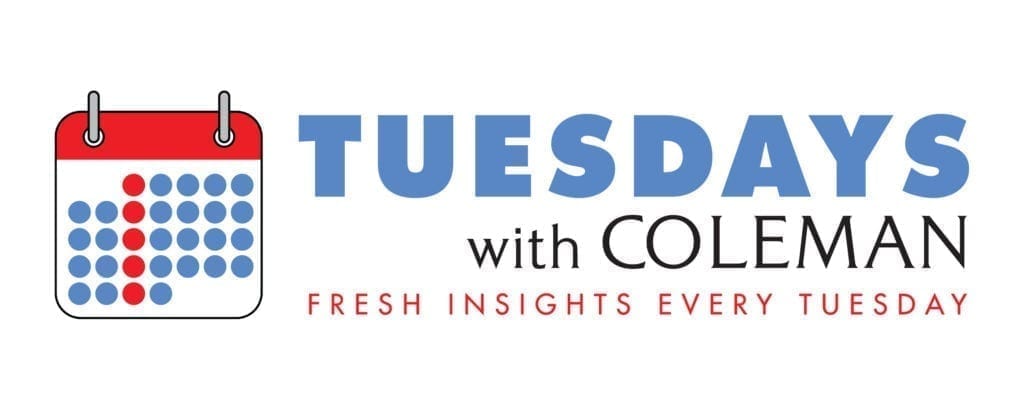
Later this week, we’ll be in Hollywood to present “Outside Thinking: Flip The Script On How You Think About Your Radio Station” to the Worldwide Radio Summit.
What is Outside Thinking?
Let’s face it. Most of us in the radio industry don’t listen like a typical listener—we inadvertently practice Inside Thinking. We believe listeners hang on our every word, adjust their schedules to play our contests and choose to listen to our stations because of a deep bond they have with our brand. The reality is quite the opposite.
But radio is hardly the only industry that wrestles with getting stuck in an Inside Thinking mindset.
The film industry, centered in Hollywood where we’ll do our presentation this week, also risks succumbing to Inside Thinking.
In his new book, “The Big Picture: The Fight For The Future Of Movies”, author Ben Fritz gives examples of how Hollywood has shifted its thinking over the past few years.
In the past, Fritz writes, “no other industry pumped out so many products so frequently with so little foreknowledge of whether they would be any good. The only feasible business strategy, it appeared, was to sign up the best creative talent, trust your strongest hunches about what looked likely to appeal to millions of people, and hope you ended up with Back to the Future instead of Ishtar.”
Hollywood’s shift to Outside Thinking has resulted in what Fritz calls “The Branded Franchise Era”. Rather than focusing on putting out films they hope will be successful, Hollywood has hedged its bets more often with proven franchises. Marvel, Fast and Furious, and Despicable Me are examples of franchises that regularly take in over $1 billion at the global box office. Pixar will release Incredibles 2 this summer and Toy Story 4 next summer. This is an example of Outside Thinking because not only does this strategy minimize risk, it feeds audience demand. Hollywood moved from releasing the movies they thought they should put out for any number of reasons (artistic, contractual, etc.) to movies audiences wanted them to put out. Outside Thinking means walking in the customer’s shoes.
Outside Thinking in Hollywood goes well beyond selecting which films to produce. As Hollywood alters its content, the moviegoing experience is also changing. This change is often driven by disruptors who have adopted Outside Thinking.
Outside Thinking led to the development of Alamo Drafthouse. Noticing how frustrated customers were getting with endless ads, a limited selection of sugary concessions and frequent rudeness from their fellow patrons, Alamo aims to vastly improve the experience of attending a film. The chain features over 30 beers on tap and comfortable recliners, refuses to show commercials before the feature presentation and has a strict no-texting-or-talking policy that will get you kicked out after one warning.
Customers love it.
Inside Thinking is raising movie prices again because it’s what’s always been done. All the while, more and more entertainment options from streaming services encourage those who used to be regular moviegoers to stay home.
Outside Thinking is MoviePass, whose latest offering is a $9.99/month plan that gets you tickets to four movies a month (they claim over 91% of theaters participate) and a subscription to iHeartRadio.
So this week, we’ll bring a taste of Outside Thinking to Hollywood for radio’s consideration.
At the core of Outside Thinking for radio stations is understanding why listeners choose your station in the first place. This can impact everything from how you deliver your messaging to the way you execute your contesting.
During our presentation, we’ll illustrate:
- The differences between Inside and Outside Thinking;
- What factors drive listeners to choose your station at specific moments in time
- Specific examples of Inside Thinking to avoid at your radio station
Over the next few weeks, we’ll share Outside Thinking tidbits with you so you can face the future the way your listener will.
It’s time to flip the script.
